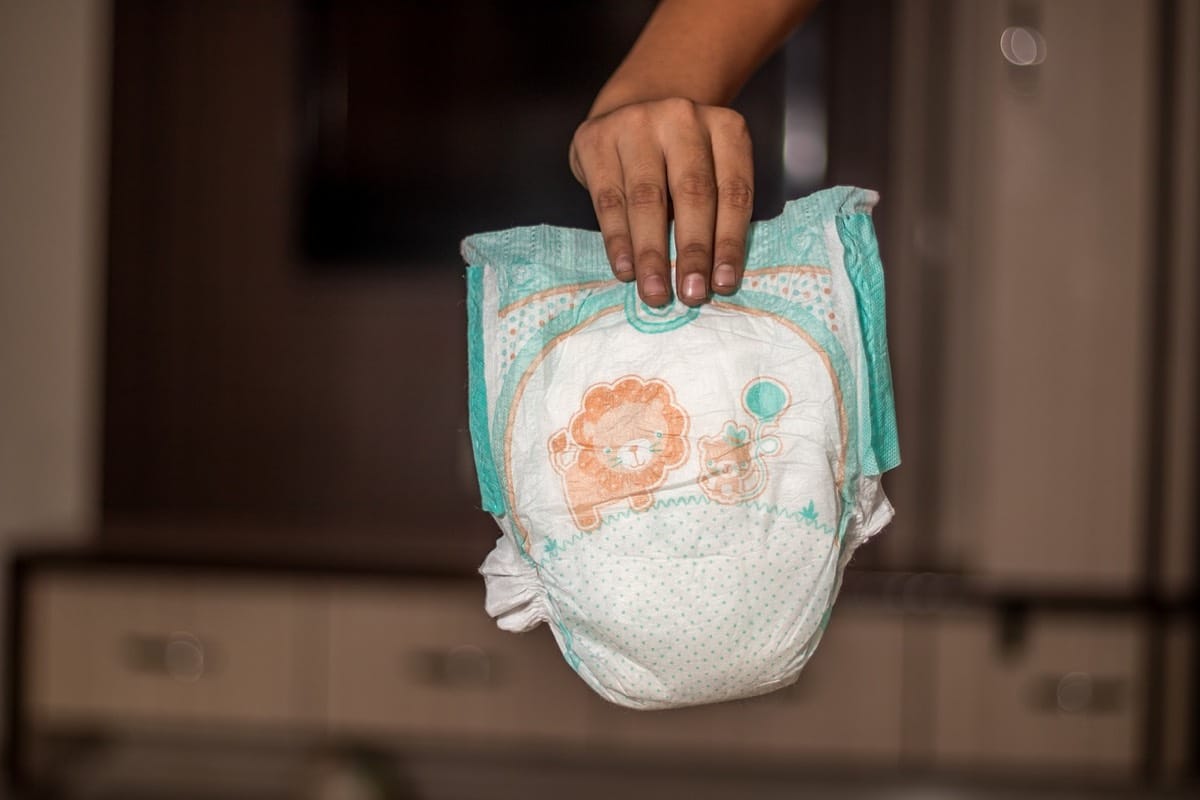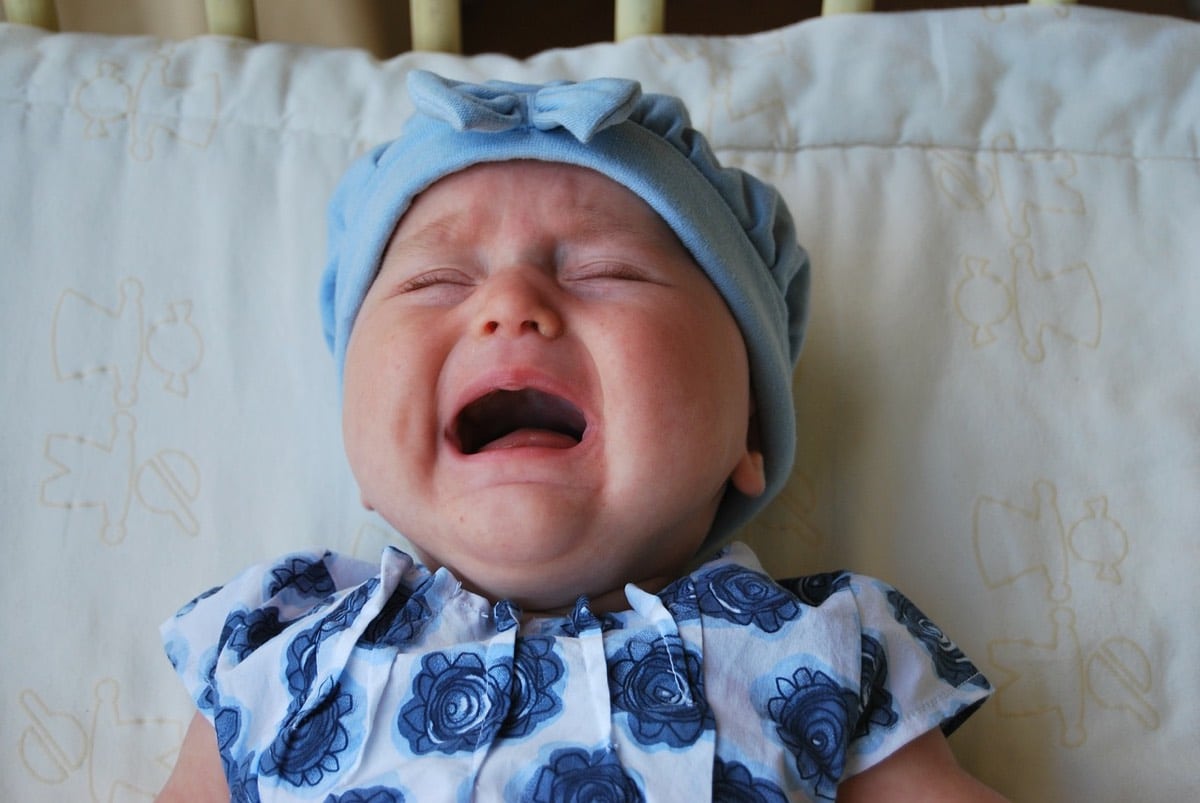During the first months of life, babies' diet is liquid. For this reason, his stools are different from those of an older child who is already eating solid foods. Sometimes it's hard to tell if a baby's stools look normal or if there is something to call the doctor about. The presence of mucus in a baby's poop is a reason to go to the pediatrician. Typically, this mucus is part of a normal process, but it can be a sign of an infection or other underlying medical condition.
Parents may notice that their baby has mucus in the poop one day and not the next. The symptoms are likely to go away as the baby grows and their diet changes. In most cases, mucus in the baby's stool not a cause for concern, but before any abnormality, it is always better to consult your pediatrician for a diagnosis.
What are the causes of mucus in a baby's poop?

Mucus in baby poop is not always a cause for concern. The intestines naturally secrete mucus to help stool pass more efficiently through the intestines. Sometimes a baby can pass some of this mucus in her stool without any underlying condition. The mucus can look like slimy streaks or strings, or it can also have a jelly-like appearance.
Babies who are breastfed are more likely to have mucus in their poop because stool passes through the intestines relatively quickly. However, at other times there are medical conditions that can cause mucus in the stool, such as infections and allergies among others.
Infection
A bacterial or viral infection like the stomach flu can irritate the intestines and cause inflammation. The result is an increase in mucus in the baby's poop. With a bacterial infection, there is often blood in the stool along with the mucus. Additional symptoms that could indicate an infection include fever and irritability. Babies with an infection may also have green stools. A little blood may even be present in cases of extreme irritation.
food allergy
Food allergies can cause inflammation. Inflammation causes increased secretion of mucus, which leads to more mucus in the baby's stool. These symptoms will usually appear within the first two months of the baby's life. Signs that a baby may have a Food Allergy they are susceptibility and difficult to comfort, he vomits more profusely and his stools are accompanied by blood.

Dentition
Babies in the making dentition They are not just in a bad mood. Symptoms may include mucus in the stool. The presence of excess saliva and teething pain can irritate the intestines, resulting in excess mucus in the poop.
Cystic Fibrosis
Babies with cystic fibrosis they may have an increased amount of mucus as a side effect of this condition. The mucus tends to be smelly and greasy in appearance. A child may also have poor weight gain and growth retardation related to cystic fibrosis. The condition also causes excess mucus to develop in the organs, especially the lungs, pancreas, liver, and intestines.
Intussusception or Intussusception
Intussusception or intestinal invalidation is a serious medical condition that can occur when a baby's intestines slide past each other. This is a medical emergency because blood flow is lost in the intestine and stool is blocked. Consequently, a baby may only be able to expel mucus that has been excreted under the blocked area. The stool often resembles a dark red jelly. Other symptoms of intussusception are intermittent abdominal pain, vomiting, blood in the stool, and lethargy or extreme sleepiness.
When to see a doctor about mucus in a baby's poop?

Mucus in a baby's poop usually not a cause for concern as long as the baby behaves normally and has no signs of infection or illness such as inconsolable irritability, fever, and/or blood in the stool. If there are signs of infection or illness along with mucus in a baby's poop, you should see your pediatrician as soon as possible. It's also a reason to see a doctor if your baby refuses fluids or drinks minimal amounts of fluids and begins to appear dehydrated. Signs of dehydration can be crying without tears or having poorly wet diapers.
It is important to control your baby's poop. If you see runny nose and it worries you, tell your doctor. It is better to discard options than to be enduring the doubts. If you notice that his poop is reddish with blood or if he is sick for no apparent reason, it is also important to have him examined by his pediatrician to rule out different conditions.